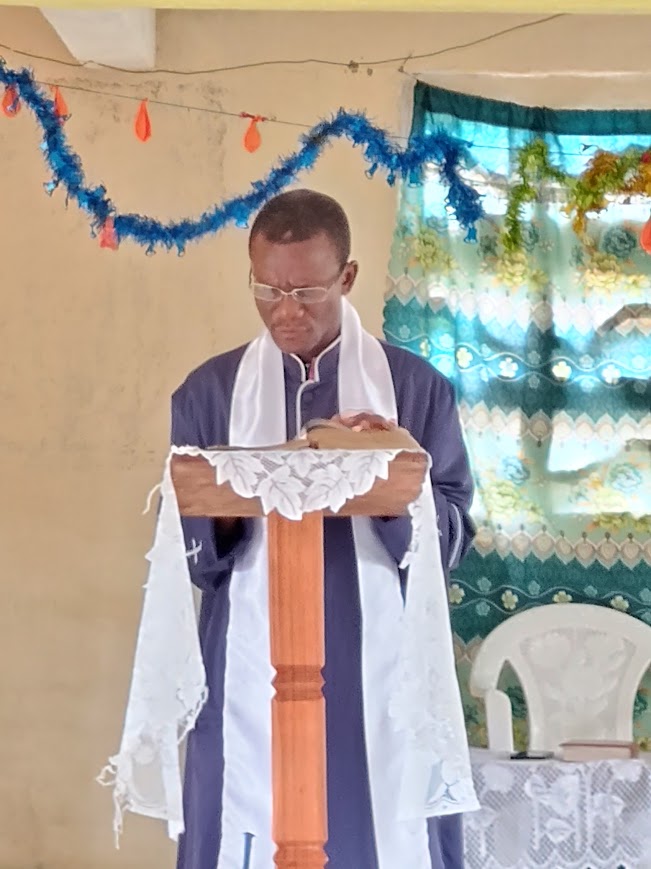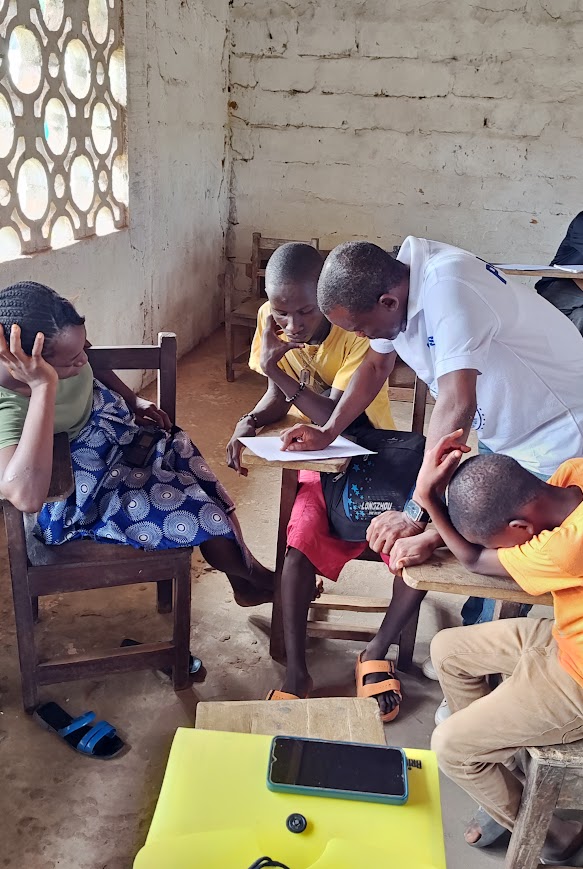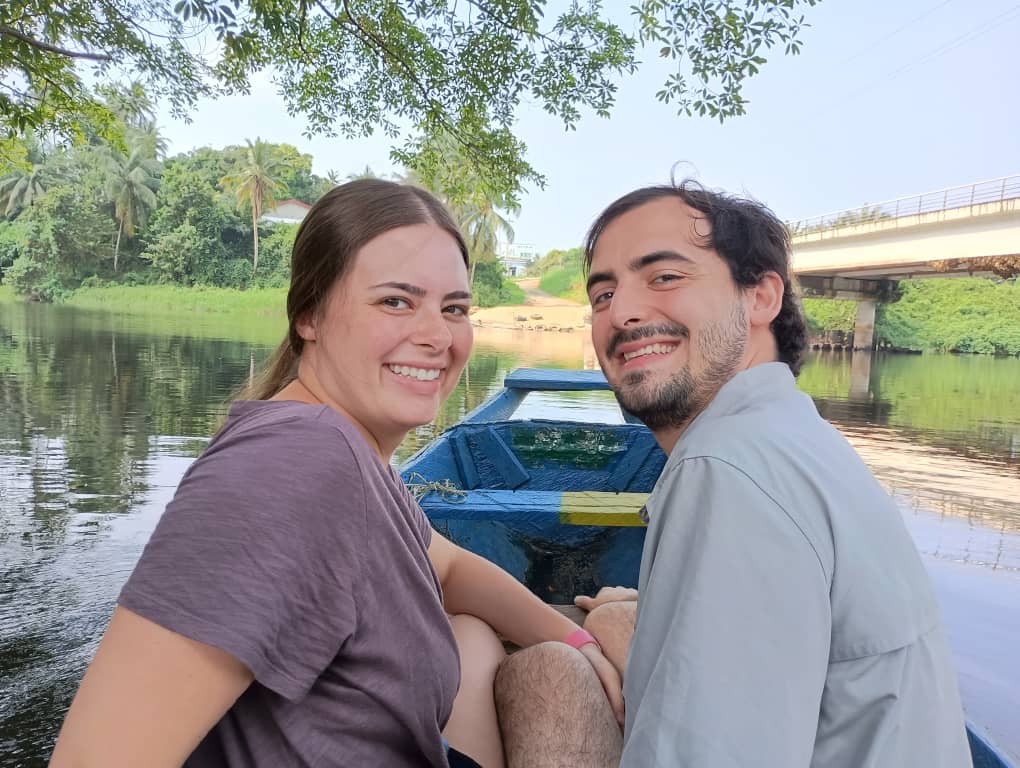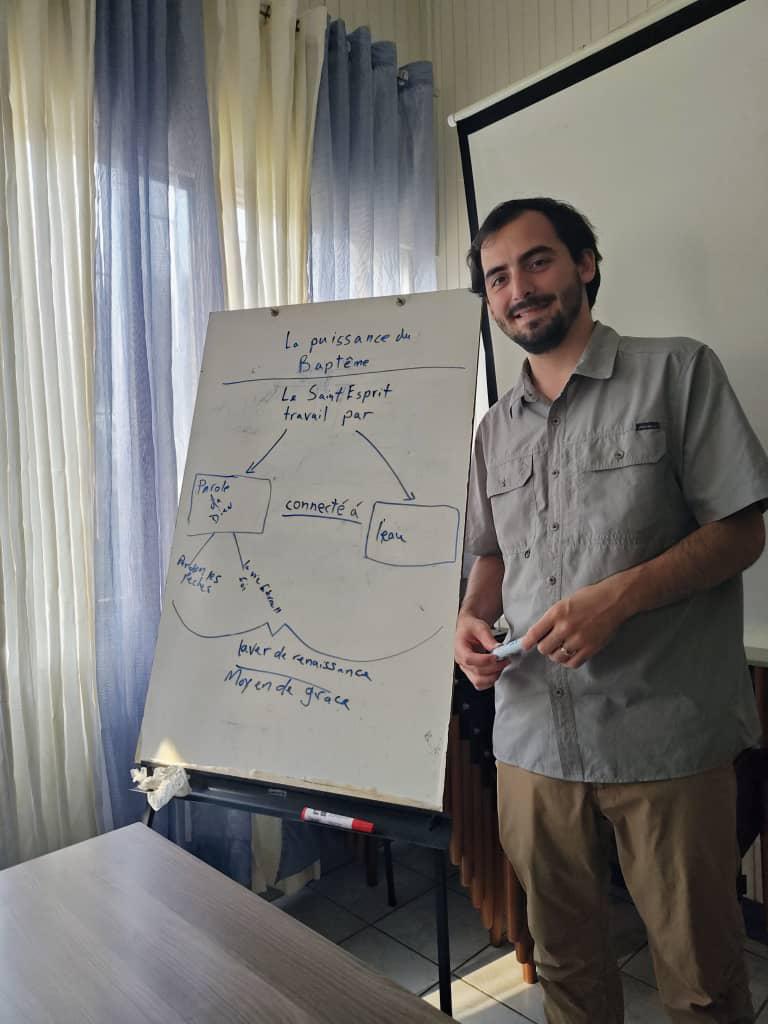Seeking and Strengthening Synods in Uganda
What do you get when you add together 3 Ugandan synods, 2 missionaries from the One Africa Team, and 1 representative from our WELS Commission on Inter-Church Relations (CICR)? A spiritually uplifting and productive cross-country journey!
At the beginning of April, Missionaries Foxen and Mohlke traveled to Uganda, rented a car, and struck out on unfamiliar roads to meet with representatives of two church bodies, or synods, who were seeking a relationship with WELS.
A Synod in Western Uganda
The first of these was the Confessional Lutheran Synod of Uganda (CLSU), headquartered in Ibanda in the hilly regions of western Uganda. The area was extremely pastoral, with beautifully green pasturelands and lots of cows. The leaders of the CLSU proved to be equally pastoral—very attentive to the spiritual needs of their people and eager to meet those needs to the best of their ability.
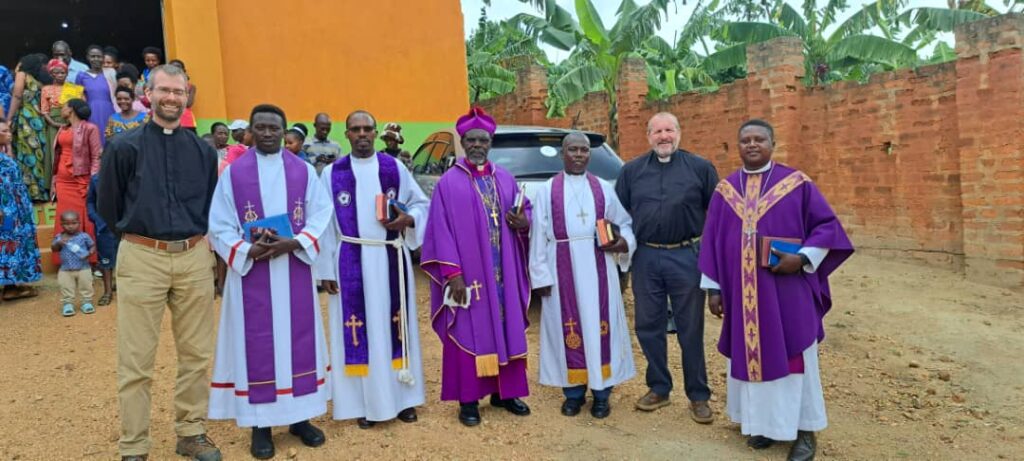
We visited a number of the local congregations and also got to see the site of their functioning seminary—a simple two rooms which housed a small library and a number of crowded bunks for students. A nearby church hall serves as their classroom.
The CLSU serves about 3,000 members with the gospel. Their seminary program has 7 students who will be graduating this December, with another 12 students ready to join the next intake.
A Synod in Central Uganda
After our time in Ibanda, we set out on the road again and headed east for 8 hours to arrive in Jinja in central Uganda, on the north banks of Lake Victoria, one of the sources for the Nile River. Here, we met with representatives from another synod, the Evangelical Church of the Augsburg Confession in Uganda, or ECACU for short. Though smaller than the CLSU (they serve about 950 members), we found them to be no less eager to share the truth of God’s word with others in their communities.
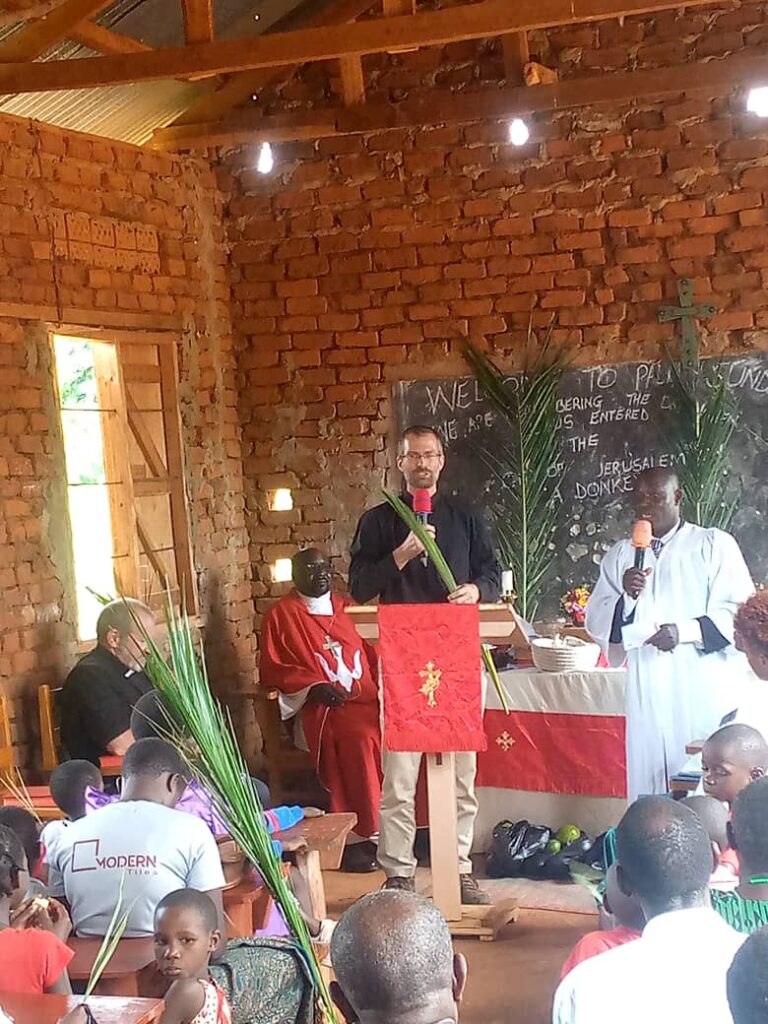
A large focus of their strategy for reaching out is schools, which they organize in communities that lack them, then organize congregations out of the people making use of the schools. Their largest school serves about 300 children.
Our visits with the leaders of both ECACU and CLSU were very encouraging when it came to discussing our respective beliefs about Scripture and their focus on gospel ministry. We are looking forward to continuing discussions to see if fellowship with these synods will be possible.
The Obadiah Lutheran Synod
After our time was done with ECACU, we drove back to the airport, where I dropped off Missionary Mohlke and picked up MLC Professor Nicholas Schmoller, who also serves on the WELS CICR. The two of us then drove further east, past Jinja to Bugiri, where our brothers in the Obadiah Lutheran Synod are located.
We were meeting with them to help them organize a written confession of faith which would be used as they apply for membership in the Confessional Evangelical Lutheran Conference (CELC), the worldwide fellowship of churches that WELS is a part of. We spent three days with Pastor Musa and other leaders of the OLS, studying Scripture and putting on paper articles of faith especially important to them for their churches, communities, and context. The Lord blessed our work and allowed us to accomplish everything in the time we had available.
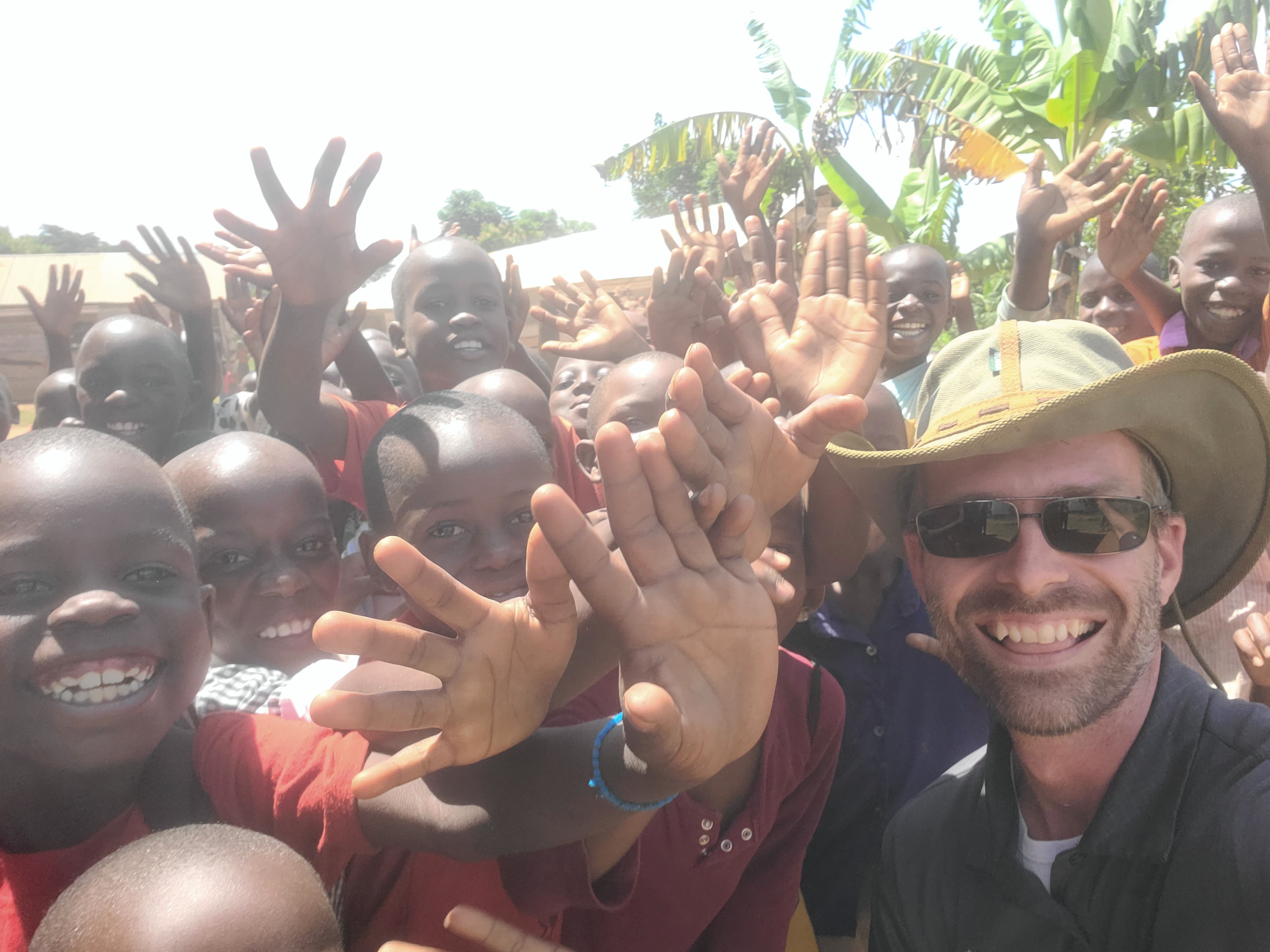
So, after 16 days on the road and about 1,300 kilometers driven, what did we have to show for it? New friendships established, old ones reaffirmed, and more opportunities to marvel at the grace of Lord Jesus, who makes us his coworkers in the ministry of his gospel! May he continue to bless our work with these three Ugandan synods!
Missionary Ben Foxen lives in Zambia
Please pray for those working in fields that are ripe for harvest. Share their story, engage with future news, and receive updates. Learn more about our mission fields in Africa and how the Holy Spirit is working faith in people’s hearts at https://wels.net/serving-others/missions/africa
